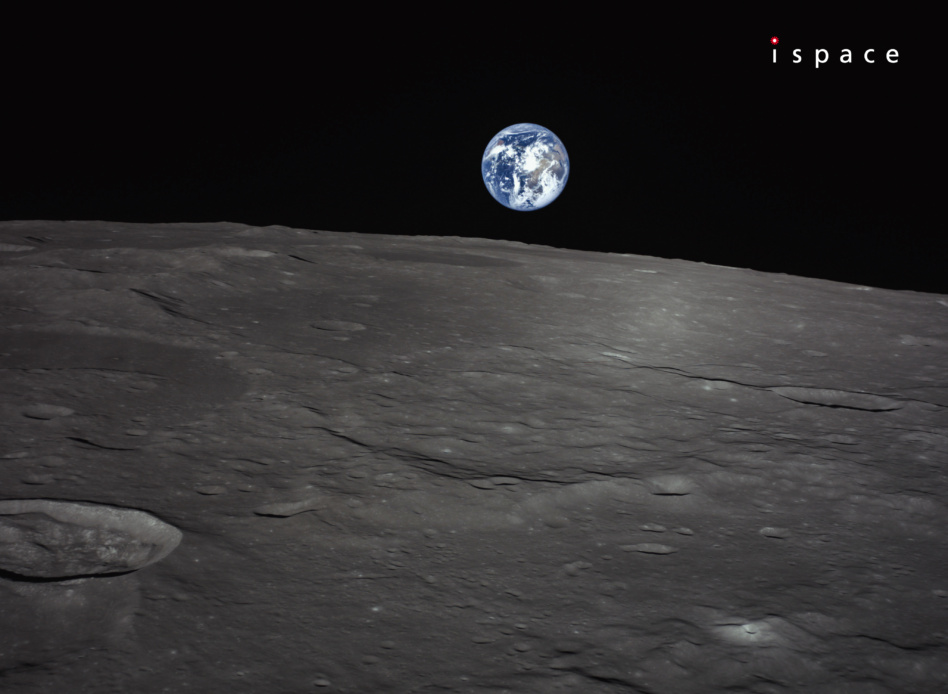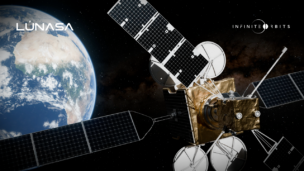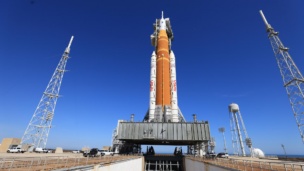ispace had a busy week—and it’s only Tuesday.
The company announced yesterday that it would be issuing as many as 49M new shares of common stock in an effort to raise ¥18.3B ($121.9M) to fund the development and launch of its next two missions to the Moon, and cover widening losses throughout its business.
Despite two solid efforts, ispace has yet to successfully land on the lunar surface—and the company’s financial position reflects that.
A losing game: In August, ispace released its financial results for the first quarter of the fiscal year, revealing net losses of ¥2.88B ($19.2M)—nearly double the company’s losses for the same period in 2024.
As a result, ispace is in need of a cash infusion to keep its missions on track. The company’s ¥26.4B ($175.6M) in cash at the end of Q1 consisted mainly of ¥15B ($99.8M) in loans ispace secured in the weeks before ending the quarter.
ispace said the funds raised by the stock sale would help it to complete the hardware improvements designed to ensure the success of Missions 3 and 4, expected to launch in 2027 and 2028, respectively.
- ispace plans to spend nearly ¥4.8B ($31.9M) of the proceeds on the development of Mission 3.
- It expects to use just shy of ¥9.5B ($63.2M) to fund the work on Mission 4.
- ispace also plans to use ¥4B ($26.6M) to cover other working capital, suggesting that the company’s losses are broader than just its lunar missions.
To source these funds, ispace plans to sell 19.2M shares in a public offering. ispace also allotted shares to individual shareholders, with the largest portions going to major Japanese institutions, including:
- 9.2M shares to JCI Venture Growth Investments;
- 9.2M shares to Takasago Thermal Engineering Co.;
- 6.1M shares to Kurita Water Industries;
- 1.5M shares to the Development Bank of Japan.
Not all bad news: ispace’s record falling short of a successful Moon landing hasn’t had a dampening effect on its ability to capture market demand, however, its increasing sales have a long way to go before they surpass the company’s high operating expenses, interest payments, and foreign exchange losses. Yesterday, ispace also announced a series of contracts for its future lunar missions, including:
- A ¥6.4B ($42.6M) contract from JAXA’s Space Strategy Fund to develop, launch, and operate a lunar remote sensing satellite to detect water on the Moon.
- A $22M contract through ispace’s European subsidiary to carry a mass spectrometer payload for lunar resources startup Magna Petra on Mission 3.
- An $8M contract with the Taiwan Space Agency to deliver a magnetometer and ultraviolet telescope to the moon on Mission 4.





